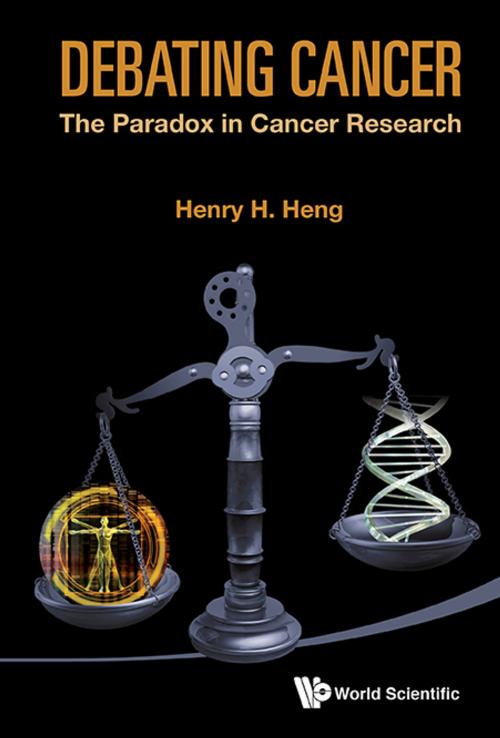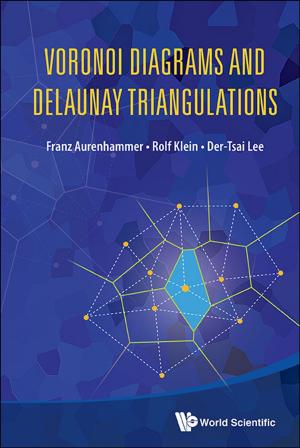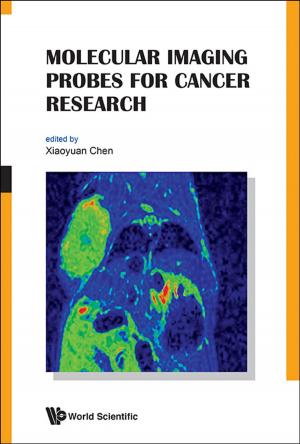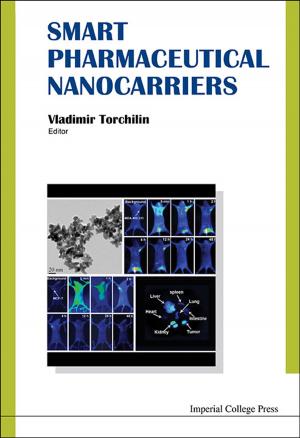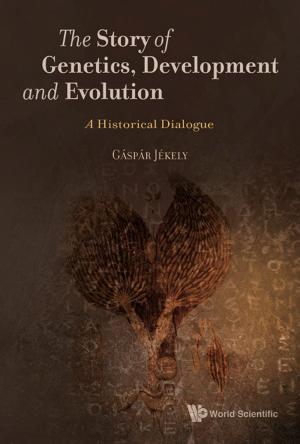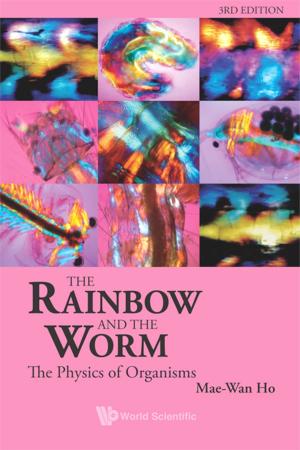Debating Cancer
The Paradox in Cancer Research
Nonfiction, Health & Well Being, Medical, Specialties, Oncology, Science & Nature, Science, Biological Sciences, Genetics| Author: | Henry H Heng | ISBN: | 9789814520867 |
| Publisher: | World Scientific Publishing Company | Publication: | October 8, 2015 |
| Imprint: | WSPC | Language: | English |
| Author: | Henry H Heng |
| ISBN: | 9789814520867 |
| Publisher: | World Scientific Publishing Company |
| Publication: | October 8, 2015 |
| Imprint: | WSPC |
| Language: | English |
Cancer research is at a crossroads. Traditionally, cancer has been thought of as a disease of gene mutation, where the stepwise accumulation of cancer gene mutations is the key, and the identification of common gene mutations has been considered to be essential for diagnosis and treatment. Despite extensive research efforts and accumulated knowledge on cancer genes and pathways, the clinical benefits of this traditional approach have been limited. Recently, cancer genome sequencing has revealed an extensive amount of genetic heterogeneity where the long-expected common mutation drivers have been difficult, if not impossible, to identify. These realities ultimately challenge the conceptual framework of current cancer biology.
This book introduces a new concept of genome theory of cancer evolution, in an attempt to unify the field. Many important and representative, but often confusing, questions and paradoxes are critically analyzed. By comparing gene- and genome-based theories, the hidden flaws of many popular viewpoints are addressed. This discussion is intended to initiate a much-needed critical re-evaluation of current cancer research.
Contents:
- Introduction: Why Debate Cancer, and Why Now?
- The Gene Mutation Theory of Cancer
- Alternative Theories to Explain Cancer
- The Surprise Cancer Genome Landscape Revealed by Cancer Genome Sequencing Projects
- Unraveling the Mystery of Cancer: Understanding Genome Variation Mediated Cancer Evolution
- Significance of the Insignificant: Why "Noise" is Essential for Cancer Evolution
- Do Different Cancers Represent Different Species?
- Facts vs. Myths
Readership: This book will be appreciated by the research community at large. It will also serve as an excellent resource for a wide range of readers, including researchers, graduate students, physicians, science reporters, and even policy-makers.
Key Features:
- Currently, there exists no such book. This title represents a much-needed effort to systematically re-examine many concepts in cancer research which have remained relatively the same for decades
- The topics discussed are well-known paradoxes to researchers (over 50 of them). Addressing these questions will not only provide answers to key puzzles in the field but also introduce a new conceptual framework, the genome-based cancer evolution theory
- This book will encourage new ideas/approaches that bridge basic research and clinical applications. The analysis of provocative questions will spur a long overdue debate on this subject
Cancer research is at a crossroads. Traditionally, cancer has been thought of as a disease of gene mutation, where the stepwise accumulation of cancer gene mutations is the key, and the identification of common gene mutations has been considered to be essential for diagnosis and treatment. Despite extensive research efforts and accumulated knowledge on cancer genes and pathways, the clinical benefits of this traditional approach have been limited. Recently, cancer genome sequencing has revealed an extensive amount of genetic heterogeneity where the long-expected common mutation drivers have been difficult, if not impossible, to identify. These realities ultimately challenge the conceptual framework of current cancer biology.
This book introduces a new concept of genome theory of cancer evolution, in an attempt to unify the field. Many important and representative, but often confusing, questions and paradoxes are critically analyzed. By comparing gene- and genome-based theories, the hidden flaws of many popular viewpoints are addressed. This discussion is intended to initiate a much-needed critical re-evaluation of current cancer research.
Contents:
- Introduction: Why Debate Cancer, and Why Now?
- The Gene Mutation Theory of Cancer
- Alternative Theories to Explain Cancer
- The Surprise Cancer Genome Landscape Revealed by Cancer Genome Sequencing Projects
- Unraveling the Mystery of Cancer: Understanding Genome Variation Mediated Cancer Evolution
- Significance of the Insignificant: Why "Noise" is Essential for Cancer Evolution
- Do Different Cancers Represent Different Species?
- Facts vs. Myths
Readership: This book will be appreciated by the research community at large. It will also serve as an excellent resource for a wide range of readers, including researchers, graduate students, physicians, science reporters, and even policy-makers.
Key Features:
- Currently, there exists no such book. This title represents a much-needed effort to systematically re-examine many concepts in cancer research which have remained relatively the same for decades
- The topics discussed are well-known paradoxes to researchers (over 50 of them). Addressing these questions will not only provide answers to key puzzles in the field but also introduce a new conceptual framework, the genome-based cancer evolution theory
- This book will encourage new ideas/approaches that bridge basic research and clinical applications. The analysis of provocative questions will spur a long overdue debate on this subject
